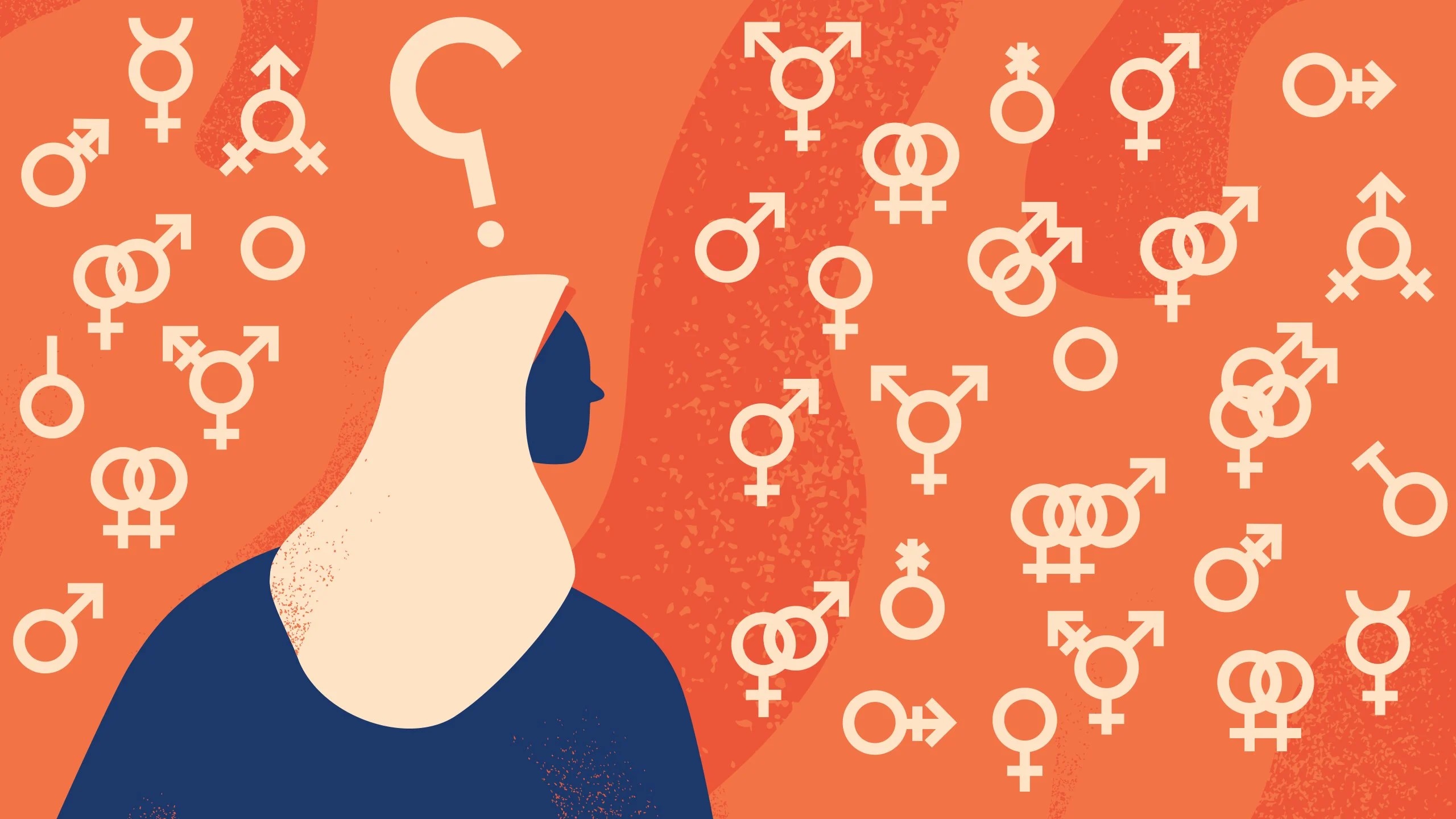The Role of Islam in Shaping Sexuality Norms in the Middle East
31 views
Skip to first unread message
ahlaam
Jun 15, 2023, 5:55:51 AM6/15/23
to ahlaam
Sexuality, an intricate mosaic of experiences, desires, and identities, pervades every fiber of our being. It informs who we are, how we love, and how we relate to one another. Yet, its expression varies enormously across cultures, influenced by a multitude of factors including religion. In the Middle East, where Islam prevails as the dominant religion, the Islamic faith has significantly shaped perceptions and norms around sexuality. The Pew Research Center provides a comprehensive analysis of how religions, including Islam, influence societal norms and practices across the world in their report 'The Global Religious Landscape' (Pew Research Center, 2012). Explore the intriguing aspects of "Egyptian sex" in our new category سكس مصري. Learn about its history, cultural implications, and much more.

Islam, more than a mere system of belief, provides a moral and legal framework that delineates every facet of life, including sexuality. Its teachings, imbued with wisdom and depth, resonate through centuries, guiding the hearts and minds of millions across the globe. The Quran, Islam’s holy text, and the Hadith, sayings, and practices of the Prophet Muhammad, are considered divine guidance, influencing Muslim societies' understanding of sexuality.
In traditional Islamic teachings, sexuality is neither inherently sinful nor shameful, but rather, a natural and integral part of human life. It is within the confines of marriage that sexual relations are not only permitted, but deemed a blessing and a source of love and mutual comfort between partners. This deeply held belief in the sanctity and sacredness of marital relations places a profound emphasis on the family as the bedrock of society. An article published by the BBC delves into the importance of family in Islamic teachings and its influence on sexual relations.

Islam, more than a mere system of belief, provides a moral and legal framework that delineates every facet of life, including sexuality. Its teachings, imbued with wisdom and depth, resonate through centuries, guiding the hearts and minds of millions across the globe. The Quran, Islam’s holy text, and the Hadith, sayings, and practices of the Prophet Muhammad, are considered divine guidance, influencing Muslim societies' understanding of sexuality.
In traditional Islamic teachings, sexuality is neither inherently sinful nor shameful, but rather, a natural and integral part of human life. It is within the confines of marriage that sexual relations are not only permitted, but deemed a blessing and a source of love and mutual comfort between partners. This deeply held belief in the sanctity and sacredness of marital relations places a profound emphasis on the family as the bedrock of society. An article published by the BBC delves into the importance of family in Islamic teachings and its influence on sexual relations.
Reply all
Reply to author
Forward
0 new messages
